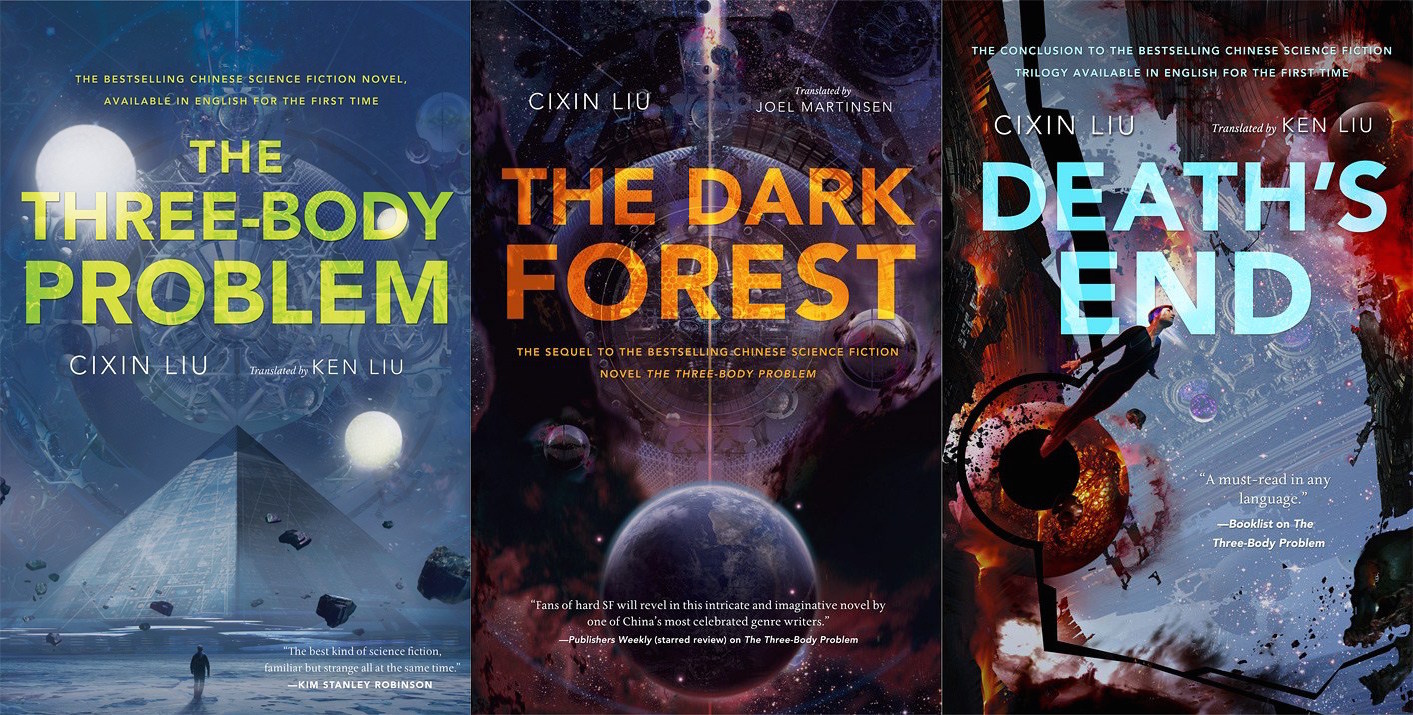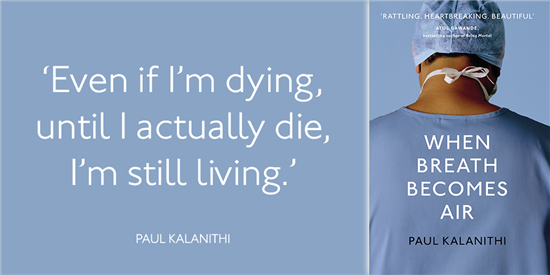It’s no secret that I’m a huge fan of Liu Cixin(刘慈欣) and his Three Body Problem trilogy. I gave the first two books a glowing review in my 2015 book roundup, and his seminal work in that series is single-handedly responsible for rekindling my childhood love of science fiction. Since reading the first two works, I’ve been eagerly awaiting the end of the trilogy in Death’s End. With that having come out on September 20th, and after I breezed through it in a few days, I decided it’d be a proper time to review the series in depth.
What initially drew me to this series is the unual combination of genre and author-nationality. Liu Cixin is a Chinese science fiction author. There are barely any Chinese science fiction books, certainly none that I’ve heard of. Moreover, his translated work won the 2015 Hugo Award for Best Novel. His book is just too unique and becoming too famous to ignore.
The book opens in Cultural Revolution China, laying the groundwork for a string of events leading into the present that see humanity make contact with an extraterrestial civilization–a hostile, technologically superior one called the Trisolarans. What follows is a riveting string of geopolitical events and initiatives as the world powers of Earth rush to close the technology gap. With the exponential rate of technological progress, humanity could feasibly become an interstellar power by the time the invasion fleet reaches our Solar System (400 years because the fleet can only accelerate to a fraction of c), but the Trisolarans have some clever tricks up their sleeves…
Liu Cixin gave me my first taste of a hard sci-fi novel, and he got me hooked. Soon after finishing The Three Body Problem and The Dark Forest, I went on to read The Martian, Seveneves, short stories from Compelling Science Fiction, and short stories from Ted Chiang(another multiple Hugo Award author). Compared to other science fiction, The Three Body Problem does really well with its imaginative coherency. By that I mean the trilogy manages to tightly weave a wild and ridiculously advancing plot across a centuries long timeline without requiring me to suspend disbelief. I’m a very logical person, and so plot holes, logical inconsistencies, and improbably developments really detract from my enjoyment of works. Aliens and interstellar societies intersecting with our modern world is about as outlandish as you can get, yet at each critical junction, I find myself pausing and thinking yeah that could actually work.
I also praise its liberal incorporation of real science and physics. I’ve grown largely tired of traditional sci-fi which treats lasers, warp drives, teleportation, etc. as a literary commodity. These works are often just another plain and predictable story retold in the setting of an imaginable future. This is in contrast to hard sci-fi, wherein the technological breakthroughs and effects of assymetrical technology gaps are the drivers of the plot. It’s only in hard sci-fi where I find myself recalling what I learned in college theoretical physics courses1 first just to get what’s going on, then to fact check the plot development, and finally to deepen my understanding and connection to the scientific core of these novels. It’s sort of like that eureka moment when you’re learning another language, and vaguely floating words and concepts in your consciousness magically and instantly connect together to grant you utter comprehension–except it’s even better.
As much as I love The Three Body Problem, it’s not a perfect series. Liu Cixin’s characters suffer from not being particularly memorable nor likable. The characters can at times seem like pawns on a chessboard, used and discarded to move the plot forward–which may be a testament to how great the plot is, that it really takes a visceral life of its own despite somewhat weak narrative frames. Eventually I realized that the human persons aren’t the actual characters. The real characters are Trisolaris and Humanity. You watch in awe as they meet, fight, change, and mature.
Regarding the translations from Chinese to English, books 1 and 3 are by Ken Liu, while book 2 is done by Joel Martinsen. Ken Liu has a much better understanding of the nuances of Chinese culture and language, the result being that books 1 and 3 feel more like a Chinese science fiction, while book 2 reads a bit more like western science fictions. The feel manifests in a softer tone, more indirection, more metaphorical language, less focus on the individual, and more collectivism.
The concepts deeply explored throughout the trilogy are nothing short of mind-bending. Although some of the themes(aliens, space travel, technological advancement) seem common to other Science Fiction works, Liu Cixin combines and propels them in an utterly unique manner. Reading this series is a seminal experience that will change your perspective on Humanity and its cosmic endowment2. Therefore, I’d recommend these books to nearly anyone, even if you’re not a particularly technologically inclined science fiction lover. But if you are someone who would appreciate a melding of the latest science with a brilliant plot, then you’ll love The Three Body Problem like I do. After concluding the third book, it has become my favorite work, and I almost cannot imagine another book replicating the obsession I felt as I followed Humanity through a not too distant future3.
Disclaimer: The links above bring you to Amazon products that if purchased, help support this blog.
-
For some fun pre-reading homework, check out these amazing videos/articles describing scientific concepts that will be accurately depicted in the books: The Fermi Paradox (Part 1) (Part 2), How to Signal Aliens, Neutron Stars, Light Sails, Interstellar Travel, Cryonics, Gravitational Waves, Neutrinos, Quantum Entanglement, Dyson Spheres, Space Elevators, Von Neumann Probes, Black Holes. Really crazy how they all get weaved into this single story. If you really want an introduction to cosmic physics, read Stephen Hawking’s A Brief History of Time, which provides a strong fundamental foundation for all the concepts listed above. ↩︎
-
A term I learned from Nick Bostrom’s Superintelligence that refers to Humanity’s continued enjoyment of the cosmos as long as we don’t mess it up, i.e. by building a Super Artificial Intelligence that turns, or by stepping on the toes of a hostile advanced alien civilization. ↩︎
-
Check out an insightful translated post by Liu Cixin reflecting on the philosophy behind his third book. I love his choice of words: “to write the future as a historical romance.” ↩︎


